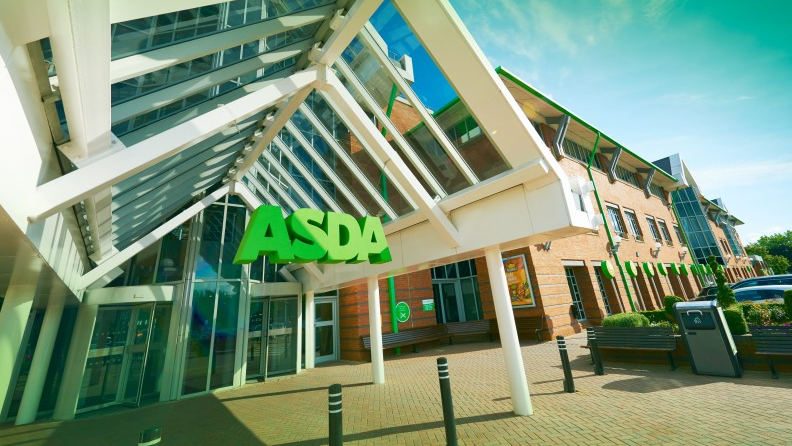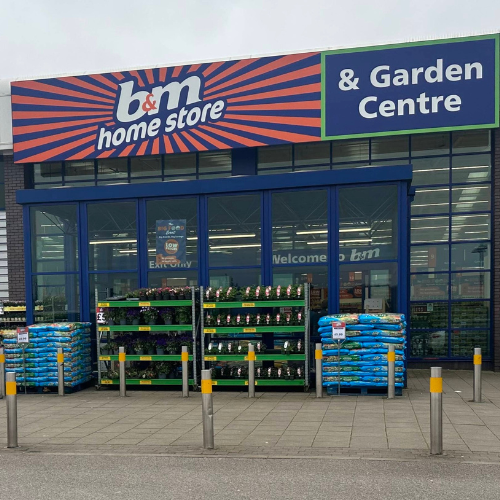Test purchasing data published by National Trading Standards last week shows that children have been able to buy knives at some major high street retailers and independent stores. The organisation is urging retailers to do more to stop the sale of knives to under-18s, with a set of guidelines (see below).
Of 2231 tests, carried out by Trading Standards in England and Wales between 1 April 2018 and 31 March 2019, retailers failed to prevent the sale of a knife to a child on 344 separate occasions (15%). Poundland, Home Bargains, Asda and Tesco sold knives to children at least 15 times each during the tests.
However, retailers have taken action since the tests began to introduce steps to prevent under-age knives sales in stores. For example, Poundland announced it would stop selling kitchen knives last year, while Asda removed single knives from its shelves in April and updated its staff training (with Challenge 25 policies in place). Since the test searches, Tesco has made changes including keeping single kitchen knives in locked cabinets in larger stores with two staff members checking a customer’s age.
Trading Standards also carried out 100 online test purchases, which found that children were sold a knife on 41 occasions.

Lord Toby Harris, chair of National Trading Standards acknowledged the challenges for retailers:
“Restricting the sale of knives to children is clearly a difficult issue for retailers, especially those with large numbers of outlets, staff and delivery partners, and I am aware that many retailers are working incredibly hard to train staff and introduce robust procedures to stem the flow of knives to children.”
He then commented on the severity of the issue: “But let’s be clear – it’s illegal to sell a knife to a child. Our tests show that it’s still too easy for a child to buy a knife in store or online. We know that young people are being cautioned and convicted for knife crime offences, and as such I urge all retailers to do more.”
Lord Toby appeals to stockists: “Do you need to sell knives? If you do, can you remove them from shelves and have them available either from a locked cabinet or via a specific till for customers, as already happens with cigarettes – where this is a legal requirement? Are your procedures and those of your delivery partners robust? Can you do more mystery shopping of your own to test how well your own processes are applied?”
Examples of fines include £480,000 and £12,428 in costs after B&M were prosecuted for selling knives to children in 2018.
For the last two years the Home Office has provided additional funds to National Trading Standards to supplement the test purchasing of knives by local authorities – a pilot scheme aimed at reducing knife crime. Further test purchasing is ongoing, with a range of enforcement powers including cautions, warnings and prosecutions (although earlier in the year, the Local Government Association warned that funds for running test purchase operations were running low).
Minister for Policing, Crime and Fire Kit Malthouse observed: “Our Offensive Weapons Act will also help stop knives and weapons making their way onto our streets and being used to carry out appalling attacks.”
Also commenting after the publication of National Trading Standards’ test purchasing data, Alastair Graham, ceo of AgeChecked and chair of the Age Verification Providers Association acknowledged that:“Whilst many companies are employing proper age verification measures, there are also numerous examples of other retailers falling short on their obligations. Clearly, serious questions must be raised ahead of implementation of the new Offensive Weapons Act. The law will require a new level of coordination from even the most forward-thinking retailers, both logistically – as robust age checks must take place at the point of sale and delivery – but also in terms of technology.”

National Trading Standards is offering this guidance to retailers selling knives in stores:
* ‘Consider if you need to sell knives at all. If you do need to sell knives, store them securely in locked cabinets behind a specific counter.
* Ensure all staff are made aware that knives are age-restricted products and receive regular training and refreshers on an ongoing basis.
* Operate age-restricted policies: no ID, no sale.
* Sign up to and adhere to the voluntary Code to restrict sales of knives to children HERE
* Carry out mystery shopping to ensure procedures are being followed.’
For more information go to: https://www.businesscompanion.info/en/quick-guides/underage-sales/knives-and-other-bladed-items
Top: Teenagers were able to buy knives in 15% of test purchases carried out over the year ending March 2019.
























